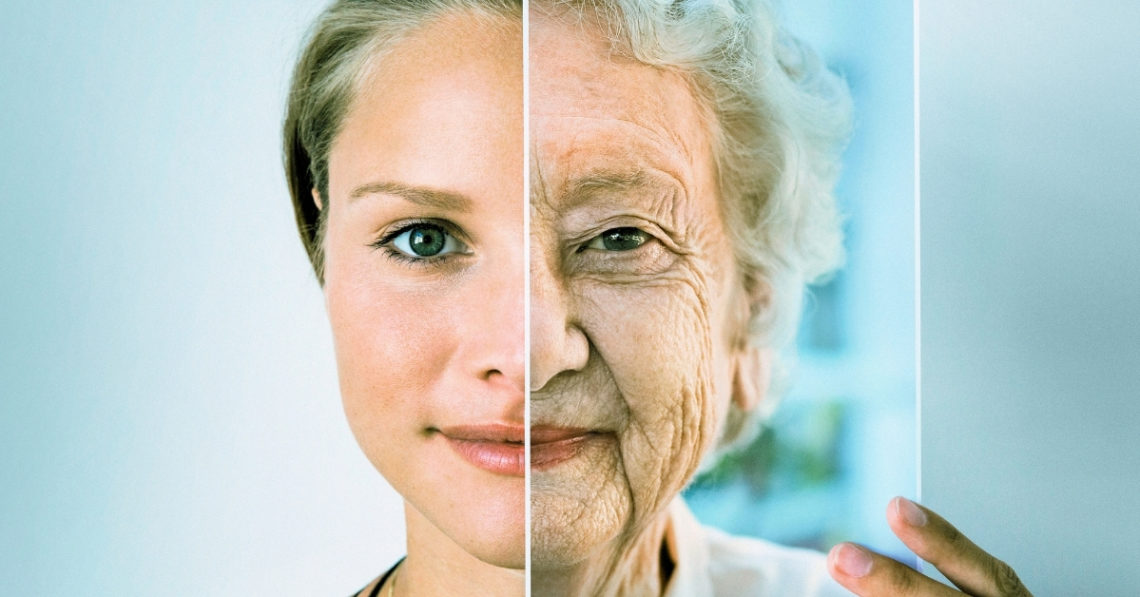What if getting old wasn’t your fault? Wouldn’t it be great if you could blame someone or something else for it? For your crows’ feet? For your flabby arms and baggy jowls? What if aging could be blamed on something that spreads a contagious disease, thus making it sound like a curse? Wouldn’t that feel nice?
A new study out of South Korea and the U.S., published in the journal Metabolism, says that might be what’s happening.
It centers on a protein called HMGB1, a DNA-binding protein usually found inside the nucleus of cells, where it helps regulate genetic material. However, when a cell becomes stressed or aged, it leaks this protein.
Once HMGB1 is released into the open, exposed to low oxygen, and in a reduced state, it triggers a biological chain reaction, causing aging in nearby healthy cells. The cells stop dividing, release inflammatory signals, and begin the process of resembling those that have been exposed to a toxic substance.
The oxidized version of HMGB1 seems to mind its own business. It doesn’t age other cells, doesn’t stir up inflammation.
New Study Suggests You Can Catch Aging From Other People
The team tested this on human cells from kidneys, lungs, muscles, and skin, and the results were the same: reduced HMGB1 made them old. Then they tried it on mice. They injected young mice with reduced HMGB1. Within a week, they were already showing signs of aging.
Even more telling was when the researchers checked the blood of people in their 70s and 80s; they found significantly more of this reduced HMGB1 compared to folks in their 40s. The same was true for elderly mice.
Perhaps one day this research will help us halt aging in its tracks. Then we will have to start asking some profound ethical questions about what it means to be alive, the kinds of conversations usually reserved for vampire cocktail parties.
But for now, if you’re looking for someone, or something, to blame for your aging, HMGB1 is here to be your punching bag.
The post Scientists Say Aging Might Actually Be Contagious appeared first on VICE.




